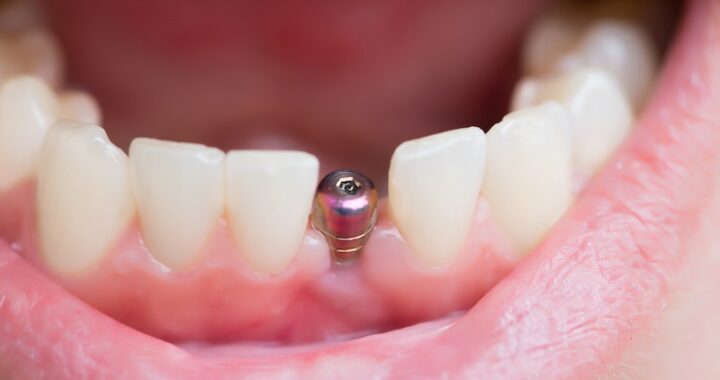When Will You Need Supplements?

So, you’re about to invest in supplements from quality brands like Designs for Health in Supplement First. But wait! While supplements have shown significant benefits, the question is: Do you really need them?
You may be surprised to know that not everyone will need a supplement, depending on individual factors. As long as you eat a healthy and well-balanced diet, you most likely won’t need supplements. That’s because our bodies need vitamins and minerals only in small amounts to perform well.
With that in mind, these are supplements for specific groups of people at risk of nutritional deficiencies.
Folic Acid for Pregnant Women
If you are pregnant, trying for a baby, or can get pregnant, your doctor will recommend taking a 400 mcg folic acid supplement daily until you are three months pregnant. These supplements must be taken before getting pregnant, so begin taking them before stopping contraception.
This nutrient helps prevent neural tube defects like spina bifida. You can purchase folic acid in local pharmacies, major supermarkets, or online shops like Supplement First.
Vitamin D
During the summer, usually from late March or early April until the end of September, we can get the recommended amount of vitamin D through sunlight and a balanced diet.
But come fall and winter season, we will need to get vitamin D from our diet as the sun isn’t strong enough. Unfortunately, it’s tough for some people to get enough vitamin D from diet alone. That’s why you may want to consider taking a vitamin D supplement that contains about 10 mcg of vitamin D once a day.
Some groups have more of a risk of a vitamin D deficiency and will need to take a supplement year-round.
- Breastfed babies must have a daily vitamin D supplement containing 8.5-10 mcg. Babies with about a pint or more of formula daily shouldn’t have a vitamin D supplement since infant formula already has vitamin D, among other nutrients.
- Children between 1-4 years old should have a daily supplement with 10 mcg of vitamin D.
- People who aren’t constantly exposed to the sun, such as housebound individuals and those who wear clothes covering most of the skin outdoors, may need a daily supplement with 10 mcg of vitamin D.
Vitamins A, C, and D
Children between 6 months to 5 years old may need to take vitamin supplements with vitamins A, C, and D daily. However, this is up to the recommendation of your child’s pediatrician.
Adults may also require to take supplements with these vitamins if they suffer from certain medical conditions. For instance, your doctor may prescribe iron supplements to treat anemia.
Effervescent Tablets
These are fizzy tablets containing up to one gram of salt per serving. These are used to treat and prevent low potassium levels in our blood. However, people watching their salt intake may want to go for a non-effervescent tablet.
Wrapping It Up
Before you take a supplement, consult your doctor first, and they can provide recommendations based on an initial exam.
Infographic provided by Antares Health Products, a TPGS manufacturer



 Dental Crowns –Restoring Strength, Function, And Aesthetics.
Dental Crowns –Restoring Strength, Function, And Aesthetics.  One-Person Wonder: Making Waves in the Massage Industry in Gunma
One-Person Wonder: Making Waves in the Massage Industry in Gunma  How Cataract Surgery in Nashville Improves Vision and Quality of Life
How Cataract Surgery in Nashville Improves Vision and Quality of Life  Maintaining Oral Health: The Role of Dentists in Richmond
Maintaining Oral Health: The Role of Dentists in Richmond  How to Choose the Best Implant Dentist in Sheffield: A Guide
How to Choose the Best Implant Dentist in Sheffield: A Guide  How Invisalign is Revolutionising Orthodontics in London
How Invisalign is Revolutionising Orthodontics in London  Veneers: A Popular Cosmetic Solution for a Beautiful Smile in London
Veneers: A Popular Cosmetic Solution for a Beautiful Smile in London